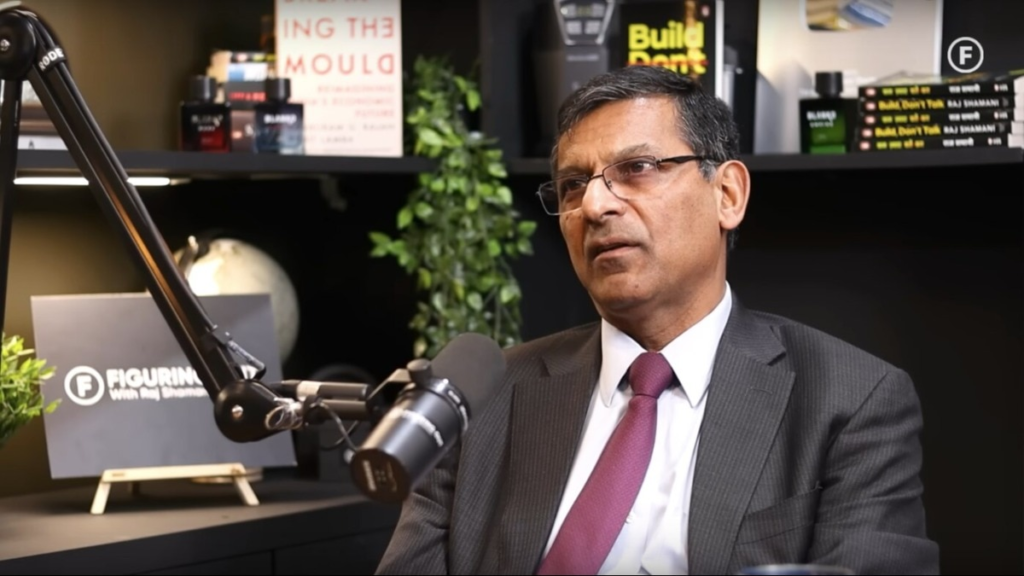‘India became a democracy when it was poor’: Raghuram Rajan on why India can’t be like China now

[ad_1]
Former RBI governor Raghuram Rajan said India cannot afford to become ‘authoritarian’ like China now, which could be detrimental to its economic growth.
India, Rajan told the BBC in an interview, became a democracy when it was poor but now “as lower to middle-income nation, democracy helps in its economic growth.”
Rajan was responding to question if some form of authoritarianism is a prerequisite to have a massive industrial base such as China.
The economist said it was easier for China to build high-speed rails at a faster rate because getting land is easier with its structure while India is still working on its project between Mumbai and Ahmedabad because of acquisition bottlenecks.
“It would create a democratic uproar,” he said.
A professor at the University of Chicago Booth School of Business, Rajan pitched for a new model of growth that relied on India’s democracy, even though he recognised authoritarianism powering growth in other economies. Rajan pushed for a structure that empowers more citizens, allows more questioning.
Rajan was, however, not convinced if this was the best decade for India with respect to economic growth. “Doesn’t square with any of the numbers you want to look at. It is growing back 7-7 and half per cent. We are 4-5% below what the pre pandemic trend would be.”
Rajan said when India overtakes Japan in the next 5-6 years, we will still be a ‘relatively poor country’. He said one should be looking at per capita income than aggregate income. Former chief economic adviser Arvind Subramanian had on March 15 called India’s latest GDP numbers ‘absolutely mystifying’.
Speaking at the India Today conclave, Subramanian said, “I can’t understand the latest GDP numbers, they are mystifying, and don’t add up. For example, the implied inflation numbers given by the government are between 1-1.5%, but the actual inflation is around 3-5%.”
He also pointed out that while the economy was growing at 7.5%, private consumption was lagging at 3%.
[ad_2]





